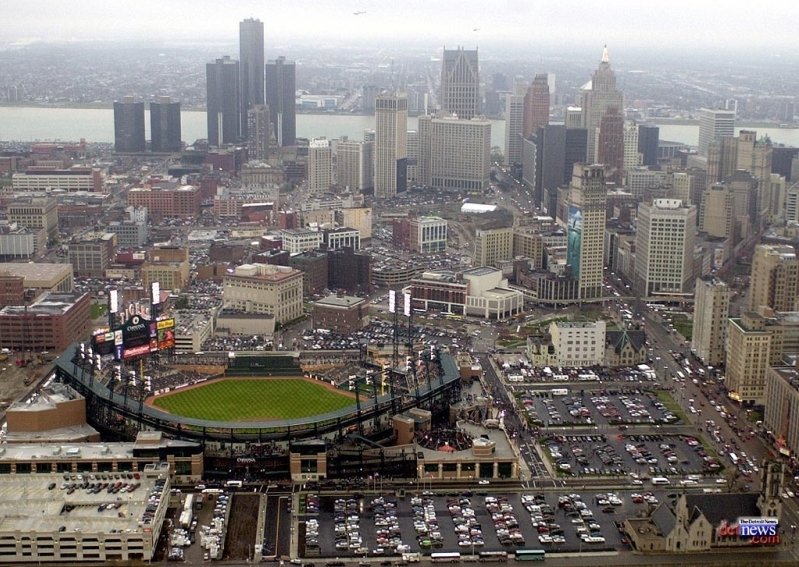
Update: A Ingham County judge of Michigan ruled that Thursday's historic Detroit bankruptcy filing violates the Michigan Constitution and state law and must be withdrawn.
However, Attorney General Bill Schuette said he will appeal the rulings and seek emergency consideration from the Michigan Court of Appeals. According to a news release, he wants Circuit Judge Rosemarie Aquilina's Friday rulings to stayed pending the appeals.
_______________________
Known as the Motor City because of its history in automotive manufacturing, the Michigan city of Detroit filed for bankruptcy under Chapter 9 of the Bankruptcy Code on Thursday. Detroit was named the second most dangerous city in the United States in 2013 based on Federal Bureau of Investigation data, and it has a poverty rate of over 40%.
Detroit was once a thriving city of nearly two million people during the 1950’s; today, however, unemployment in the city is about twice the national average, and the population has shrunk to around 700,000. What’s more, crime is rampant in the city and nearly 2.12% of all people in Detroit have been subject to a violent crime such as assault, murder, robbery, or rape. Because of its shrinking population and a lack of economic grown, more than 75,000 of the city’s structures are abandoned. The decline in population has also reduced the city’s tax base, which has aggravated Detroit’s financial problems.
Kevyn Orr, an emergency manager for the city, tried to negotiate with Detroit’s creditors in an effort to reduce the city’s liabilities, but it was to no avail. It is estimated that the city owes more than 100,000 creditors – many of which are future and current retirees – about $20 billion. Detroit has filed for bankruptcy, and an appointed judge will have 30-90 days to determine whether Detroit is eligible for bankruptcy under Federal Chapter 9 protection and to determine how the city’s settlement assets will be divvied among its creditors. If Chapter 9 bankruptcy is approved for Detroit, the city hopes to be out of bankruptcy by September 2014. The police, fire, and other public services in the city will continue as per usual.
The city must be considered insolvent in order to be approved for bankruptcy; however, the city’s creditors may try to argue in court that the city is able to pay their bills by cutting services or by selling city resources. If bankruptcy is approved, Detroit must propose a plan to restructure its operations (whether by layoffs, budget cuts, breaking union negotiated contracts, etc.) that will eventually be voted on by its creditors.
“Now is our opportunity to stop sixty years of decline,” said Michigan Governor Rick Snyder of the city’s bankruptcy filing in a recent statement. Other principalities that have filed for bankruptcy include Stockton and San Bernardino in California, Central Falls in Rhode Island, and Jefferson County in Alabama – Detroit is the largest city in the United States to have done so to-date.






